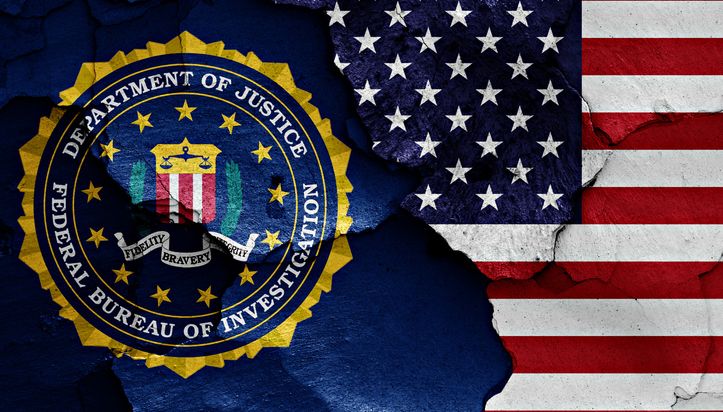The digital marketing ecosystem has long been fraught with danger in the form of ad fraud and bad actors. Now, the FBI is taking action by probing U.S. media buying practices.
On October 10, the ANA (Association of National Advertisers) emailed a letter to its members to inform them of the investigation, explain ANA’s role, and clarify next steps that member companies might choose to take.
The letter, signed by CEO Bob Liodice, began:
“The FBI contacted our outside legal counsel, Reed Smith LLP, requesting the cooperation of the ANA and its membership in a criminal investigation into media buying practices underway by the FBI and the United States Attorney’s Office for the Southern District of New York.”
The letter noted that questionable media buying practices may have financially harmed ANA members. Those members may need to reevaluate media buying relationships and contracts, in addition to internal marketing processes.
Liodice’s letter explained that federal law enforcement investigations sometimes require assistance when identifying potential victims, witnesses, and forms of evidence. According to one bullet point, “The starting point is to identify those advertisers which believe they may have been defrauded.” However, cooperation with the Bureau is entirely voluntary and member companies can freely choose to take no action.
The ANA letter characterized the investigation as a significant event to the industry and its members. With rampant rates of ad fraud and non-transparent business practices, observers could reasonably conclude that the industry’s overall reputation has taken a hit. A K2 Intelligence Report, referenced by Bob Liodice, found that cash rebates to media agencies were pervasive in the U.S. media ad buying ecosystem.
Additionally, K2 observed that there is a fundamental disconnect in the advertising industry regarding the basic nature of advertiser-agency relationships. Some advertisers believe that agencies essentially have a fiduciary duty to act in their best interests, whereas agencies believe themselves to be beholden only to the specified contractual terms.
What the investigation means for marketers and advertisers
Rich Kahn, ad fraud expert and CEO of eZanga, explained this phenomenon to DMN.
“Kickbacks are incentivizing agencies to put advertisers into one media buy over another, regardless of which one is better for the advertiser,” Kahn said. “There is nothing wrong with this, as long as these ‘fees’ are disclosed to the advertiser just like it is done in so many other industries.”
According to Oya Yasayan, a PPC advertising expert, the Bureau’s investigation could substantially benefit from ANA member companies’ voluntary knowledge sharing.
“If enough data is acquired by FBI, they can see patterns that single brands hardly can,” Yasayan said.
The industry could also restore its credibility by emphasizing transparency, revealing backend incentives of advertisers, and combatting ad fraud with technological solutions.
“It is a known fact that just auditing a brand’s supply chain with basic tools can work wonders,” Yasayan said, in reference to the industry’s ad fraud problem.
Publishers can also help to ensure that ads are being served to real humans by actively monitoring traffic sources.
“Ad exchanges and SSPs are not vetting all publishers on their platforms. DSPs don’t monitor and block low-quality inventory proactively,” Yasayan said.








